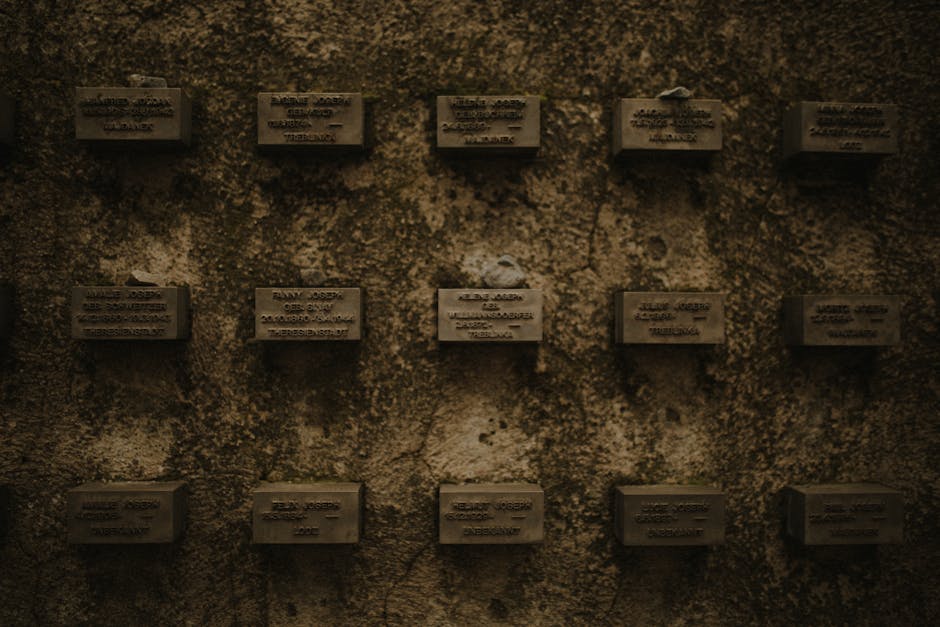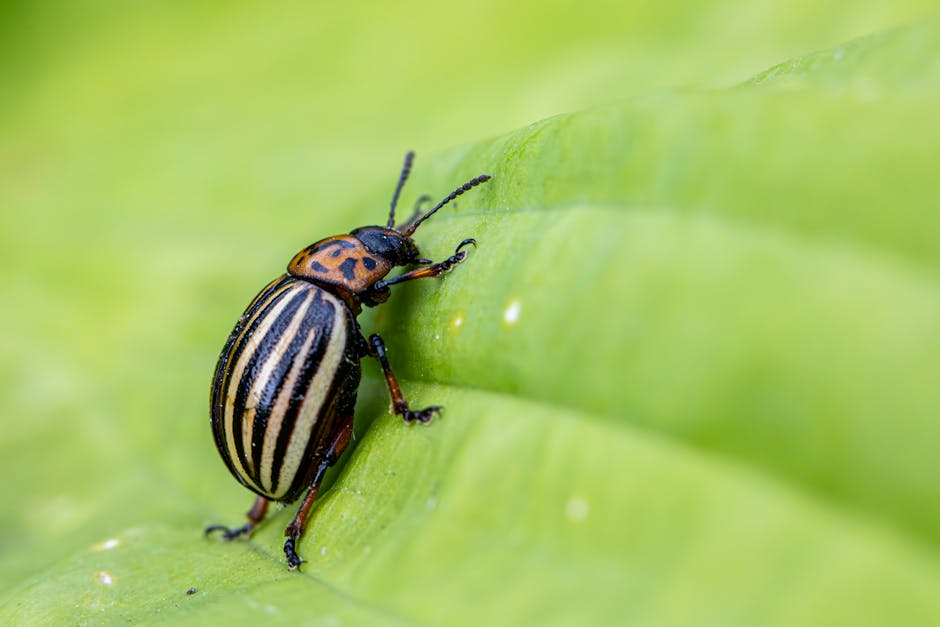
Pest control is an essential service for maintaining a healthy and safe living environment. Whether you’re dealing with ants, rodents, termites, or other unwelcome guests, it’s crucial to understand the costs associated with pest control removal. One of the most frequently asked questions is, “how much is pest control removal”? Unfortunately, there isn’t a one-size-fits-all answer. The cost can vary widely based on several factors.
Firstly, the type of pest you’re dealing with plays a significant role in determining the price. For instance, termite treatments are generally more expensive than ant treatments due to the specialized techniques and equipment required. Another factor is the extent of the infestation. A minor ant problem will cost significantly less to address than a full-blown rodent infestation.
Additionally, the size and location of your property can impact the cost. Larger homes or properties in remote areas may incur higher fees due to the increased time and resources needed for comprehensive coverage. Finally, the type of pest control service you choose—be it a one-time treatment or a recurring service plan—will also affect the overall cost.
At Pestisect Pest Control Inc., we understand that every situation is unique, which is why we offer customized solutions tailored to your specific needs. If you’re wondering how much pest control removal might cost for your particular situation, don’t hesitate to reach out to us at info@pestisect.ca or visit our website at pestisect.ca for a personalized quote.
Factors Affecting Pest Control Prices

Understanding the factors that influence pest control prices can help you better anticipate costs and make informed decisions. Several key elements can affect the overall price of pest control services:
- Type of Pest: Different pests require different methods of treatment. For example, termites often need more intensive and costly treatments compared to common household pests like ants or spiders.
- Severity of Infestation: The level of infestation significantly impacts the cost. A minor issue that can be resolved with a single visit will be less expensive than a severe infestation requiring multiple treatments and follow-ups.
- Property Size and Layout: Larger properties or those with complex layouts may require more time and materials to effectively treat, resulting in higher costs.
- Location: Geographic location can also play a role in determining prices. Urban areas might have higher service costs due to increased demand and operational expenses, while rural areas might incur extra travel fees.
- Treatment Methods: The type of treatment used—whether it’s chemical, biological, or a combination of methods—can affect the price. Eco-friendly or organic treatments may cost more than traditional chemical treatments.
- Frequency of Service: One-time treatments are generally more expensive per visit compared to ongoing service plans, which can offer savings through regular maintenance and prevention strategies.
- Company Reputation and Expertise: Established companies with extensive experience and a strong reputation may charge more for their services, but they also offer the assurance of quality and reliability.
By considering these factors, you can better understand the potential costs involved and choose the most suitable pest control service for your needs.
Types of Pest Control Services

Pest control services come in various forms, tailored to effectively manage different types of pests and infestation levels. Understanding the types of pest control services available can help you select the most appropriate solution for your situation:
- Residential Pest Control: These services focus on eliminating pests commonly found in homes, such as ants, spiders, bedbugs, and rodents. Residential treatments often include initial inspections, extermination, and follow-up visits to ensure long-term protection.
- Commercial Pest Control: Businesses require specialized pest control to maintain health and safety standards. Services for commercial properties can range from routine inspections to comprehensive treatment plans targeting pests like cockroaches, flies, and rodents.
- Termite Control: Termite infestations can cause severe structural damage. Termite control services often involve detailed inspections, soil treatments, baiting systems, and sometimes structural fumigation to eradicate these destructive pests.
- Rodent Control: Effective rodent control includes trapping, baiting, and exclusion techniques to remove and prevent rats and mice from invading properties. These services also address entry points and advise on preventative measures.
- Wildlife Removal: For larger pests like raccoons, squirrels, and bats, wildlife removal services use humane trapping and relocation methods, as well as exclusion techniques to prevent future intrusions.
- Eco-Friendly Pest Control: As environmental awareness increases, many companies offer green pest control solutions. These methods use non-toxic products and sustainable practices to manage pests without harming the environment.
- Integrated Pest Management (IPM): IPM is a comprehensive approach that combines biological, cultural, physical, and chemical tools to minimize pest damage. This method focuses on long-term prevention and is often customized to the specific needs of the property.
Choosing the right type of pest control service is crucial for effectively managing infestations and preventing future issues. By understanding the options available, you can make an informed decision that best suits your specific needs.
Average Costs for Various Pests

The cost of pest control services can vary significantly depending on the type of pest, the extent of the infestation, and the treatment methods used. Here is a breakdown of average costs for dealing with various pests:
- Ants: Ant infestations are relatively common and can typically be treated for around $100 to $500 depending on the size of the infestation and the type of ants involved.
- Bedbugs: Bedbug treatments are often more expensive due to the need for thorough inspections and multiple treatments. On average, expect to pay between $300 to $1,500 for effective bedbug extermination.
- Rodents: Rodent control costs usually range from $150 to $500. This includes inspection, trapping, and exclusion measures to prevent future infestations.
- Termites: Termite treatments can be quite costly due to the extensive damage they can cause. The average cost for termite control ranges from $500 to $2,500, depending on the severity of the infestation and the treatment method used.
- Roaches: Cockroach infestations can be persistent and challenging to control. Treatments typically cost between $100 to $400, with higher costs for severe infestations requiring multiple visits.
- Spiders: Spider control is generally less expensive, averaging around $100 to $300 for a standard treatment plan.
- Wildlife Removal: Removing larger animals like raccoons or squirrels can cost between $200 to $1,000, depending on the complexity of the removal and exclusion process.
It’s important to note that these costs can vary based on your location, the specific pest control company you choose, and the extent of the infestation. Always request a detailed estimate before proceeding with any pest control service to ensure transparency and avoid unexpected expenses.
DIY vs Professional Pest Control

When dealing with pest infestations, homeowners often face the dilemma of choosing between DIY (Do-It-Yourself) methods and hiring professional pest control services. Both approaches have their pros and cons, which should be carefully considered before making a decision.
DIY Pest Control
Many people opt for DIY pest control solutions because they seem cost-effective and provide immediate action. Over-the-counter sprays, traps, and bait stations are readily available and can be used to tackle minor infestations. However, DIY methods come with several drawbacks:
- Limited Effectiveness: Most DIY products are designed for small-scale infestations and may not be effective against severe or recurring pest problems.
- Health Risks: Improper use of pesticides and chemicals can pose health risks to you, your family, and pets.
- Temporary Solutions: DIY methods often provide short-term relief and may not address the root cause of the infestation.
- Time-Consuming: Identifying the pest, buying the right products, and applying them correctly can be time-consuming and requires a certain level of expertise.
Professional Pest Control
Professional pest control services offer a more comprehensive and long-lasting solution to pest problems. Here are some advantages of hiring a professional:
- Expert Knowledge: Professionals have extensive knowledge and experience in identifying and dealing with various pests, ensuring effective treatment.
- Advanced Techniques: Pest control companies use advanced methods and tools that are not available to the general public, leading to more efficient and thorough extermination.
- Safety: Professional exterminators are trained to handle hazardous chemicals safely, minimizing health risks.
- Preventative Measures: In addition to eliminating current infestations, professionals implement preventative measures to reduce the risk of future pest problems.
- Time and Convenience: Hiring a professional saves you time and effort, allowing you to focus on other important tasks while they handle the pest issue.
While professional pest control services may seem more expensive upfront, the long-term benefits and peace of mind they provide often outweigh the initial costs. Consider the severity of the infestation, your budget, and the potential risks before choosing between DIY and professional pest control options.
Tips for Choosing a Pest Control Service
Selecting the right pest control service can be a daunting task, especially with numerous options available. To ensure you make an informed decision, consider the following tips:
1. Verify Credentials
Ensure the pest control company you choose is licensed and certified by relevant authorities. This guarantees that they adhere to industry standards and regulations, providing reliable and safe services.
2. Check Experience and Expertise
Look for a company with a proven track record and extensive experience in handling a variety of pests. Experienced professionals are more likely to identify and effectively treat infestations.
3. Read Reviews and Testimonials
Online reviews and testimonials from previous customers can offer valuable insights into the company’s performance and reliability. Look for frequent positive feedback and how the company handles any negative reviews.
4. Ask About Their Methods
Inquire about the pest control methods and products they use. A reputable company should be transparent about their techniques and ensure they use safe, environmentally friendly options whenever possible.
5. Get Multiple Quotes
Obtain quotes from several pest control services to compare prices and services offered. This will help you find a solution that fits your budget without compromising on quality.
6. Evaluate Customer Service
Good customer service is crucial for a positive experience. Choose a company that is responsive, professional, and willing to answer any questions you may have.
7. Guarantee and Warranty
Opt for a pest control service that offers a guarantee or warranty for their work. This ensures that they are committed to resolving your pest issue effectively and will return if the problem persists.
By following these tips, you can confidently select a pest control service that meets your needs and provides effective, long-term solutions. For expert assistance and award-winning services in Brampton, Mississauga, and Toronto, contact us at info@pestisect.ca or visit our website at pestisect.ca.






